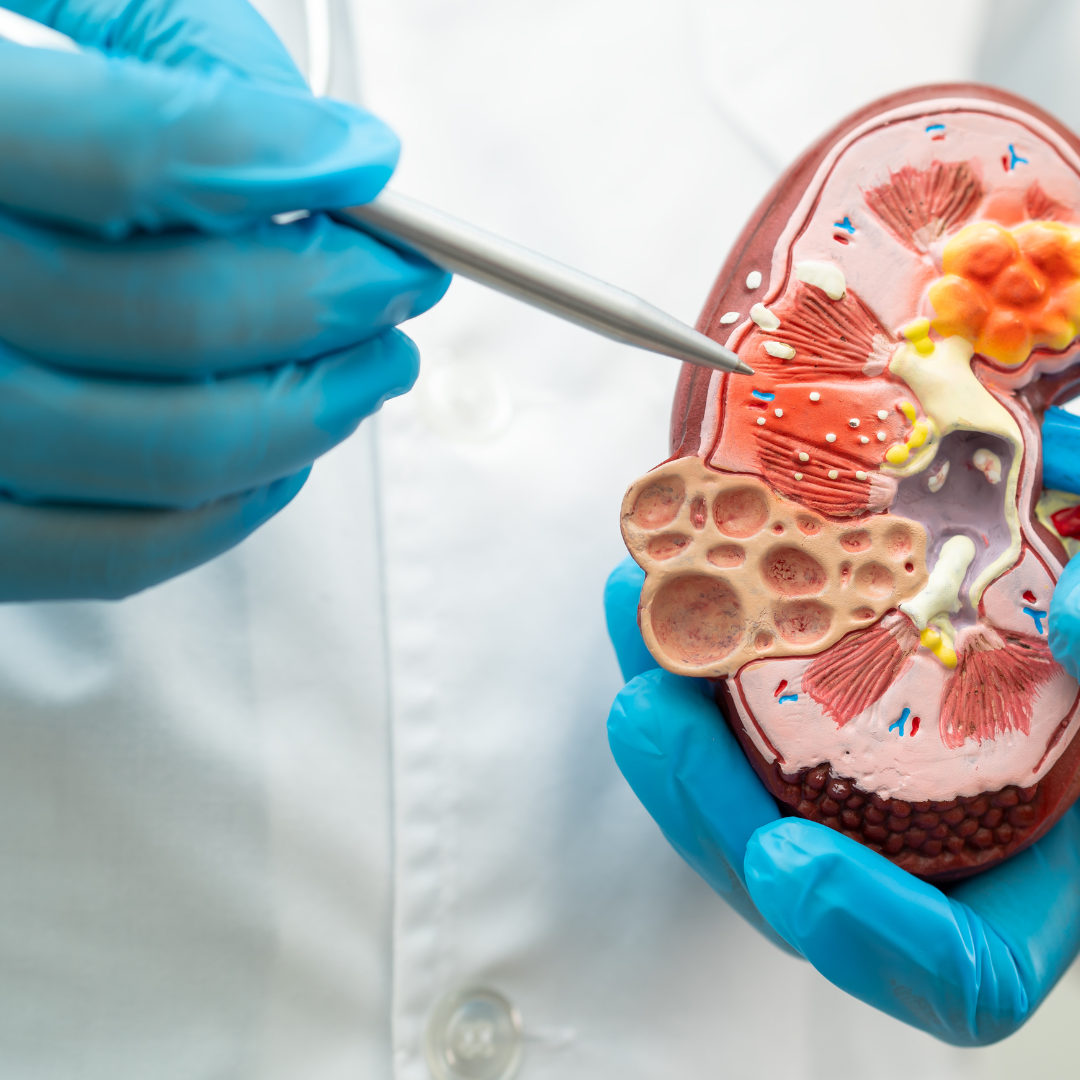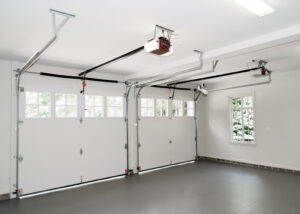
Chronic Kidney Disease (CKD) is a worldwide public health issue characterised by the relentless decline of the glomerular filtration rate. When the kidneys are no longer capable of cleaning the blood, people’s health is affected in several ways. Nonetheless, CKD has continued to be a monumental health crisis in the current world and even with constant improvements made in medical science, CKD cannot be classified as a curable disease. Urologists in Haryana treat CKD with attempts at treating the underlying cause, whenever possible, slowing the progression of the disease, and managing its symptoms. It involves behavioural changes, medication use, and, in some cases, dialysis or transplantation.
Symptoms of CKD
Many people with early-stage chronic kidney disease can have no symptoms at all. But often the signs are so unnoticeable that by the time you experience symptoms, your kidneys are already damaged. If you notice any of the symptoms below, you should see an urologist in Haryana:
- Fatigue or decreased energy
- Poor appetite
- Nausea and vomiting
- Shortness of breath
- Difficulty concentrating
- Trouble sleeping
- Cramping of muscles
- Swollen feet and ankles
- Dry, itchy skin
- Swelling of the face especially in the morning
To help diagnose CKD in any Hospital in Haryana, your urlogist will run blood tests that will reveal your eGFR(estimated glomerular filtration rate). This is done to find out how well your kidneys are working to filter waste from your blood. Blood protein in urine and blood pressure checks are also applied to try and diagnose chronic kidney diseases.
How to Cure Chronic Kidney Disease?
Although the causes of the development of chronic kidney disease have been identified, yet there is no specific treatment to cure this health problem by any Urologist in Haryana. CKD is a permanent health condition and the damage once done by it cannot be undone. However, the worsening of the situation can be at least stabilised, and although the situation will not be healed in any way, it will persist to some extent. The person suffering from chronic kidney disease needs to understand that there are certain ways to keep away chronic kidney disease and this will greatly enhance one’s life expectancy with the condition.
Treating Chronic Kidney Disease
Whenever someone suffers from chronic kidney disease, it is important to first get to know the source. Once the cause or source of the disease is found, then the urologist can prescribe medicine specific to the cause of the ailment. If your chronic kidney disease results from diabetes or high blood pressure, you must take necessary measures to regulate your blood sugar levels or blood pressure.
The objectives of chronic kidney disease are to alleviate symptoms, prevent complications, arrest or slow the disease progression and enhance quality of life. Antihypertensive agents, lipid-lowering agents, diuretics, and agents for anaemia may be prescribed for this condition.
If CKD is advanced to cause ESRD( End Stage Renal Disease), you may need dialysis. Dialysis is a process in which blood-carrying waste products and fluid in the body are filtered through a particular device. Kidney transplants are also sometimes possible in cases of ESRD.
How is CKD diagnosed?
CKD can be detected (and monitored) using two simple tests: it includes a blood test and a urine test. The first is carried out within the framework of annual checks during a physical examination with basic blood tests that include a creatinine clearance test. The GFR rate depends on creatinine concentration in the blood, age and sex of the patient. Creatinine is a waste product which arises from the usual metabolic processes of muscles and the digestion of protein from food. High levels of creatinine in the blood indicate that the body’s kidneys are not effectively removing waste.
The second test is Microalbuminuria, which is a test of the urine for albumin – the primary protein in the blood. Albumin in the urine is known as albuminuria, and if present, that means there is a problem with the kidneys.
Managing Chronic Kidney Disease
Chronic Kidney Disease cannot be completely cured but it can be managed by the use of certain methods:
- Medications that relieve swelling
- High blood pressure medications
- Springs or drugs that restore LDL cholesterol
- Medications that treat anaemia
- Certain medications serve as protectants of the bones.
- A low-protein diet reduces the blood’s waste products to an acceptable level
Any of the following may be prescribed by your physician during a health checkup of the kidneys in any Hospital in Haryana. Incorporating these methods into your daily lifestyle can help you manage CKD.
Conclusion
Although today there is no cure for Chronic Kidney Disease, its timely detection and strict control of the factors influencing its development allow for enhancing the patient’s quality of life. Patients should seek other opinions and get in touch with expert urologists to seek treatment for their health condition. If you or a loved one has CKD, refer to SS Kidney and Urology Hospital as it specialises in treating CKD and assisting patients in finding a treatment plan that works best for them.




